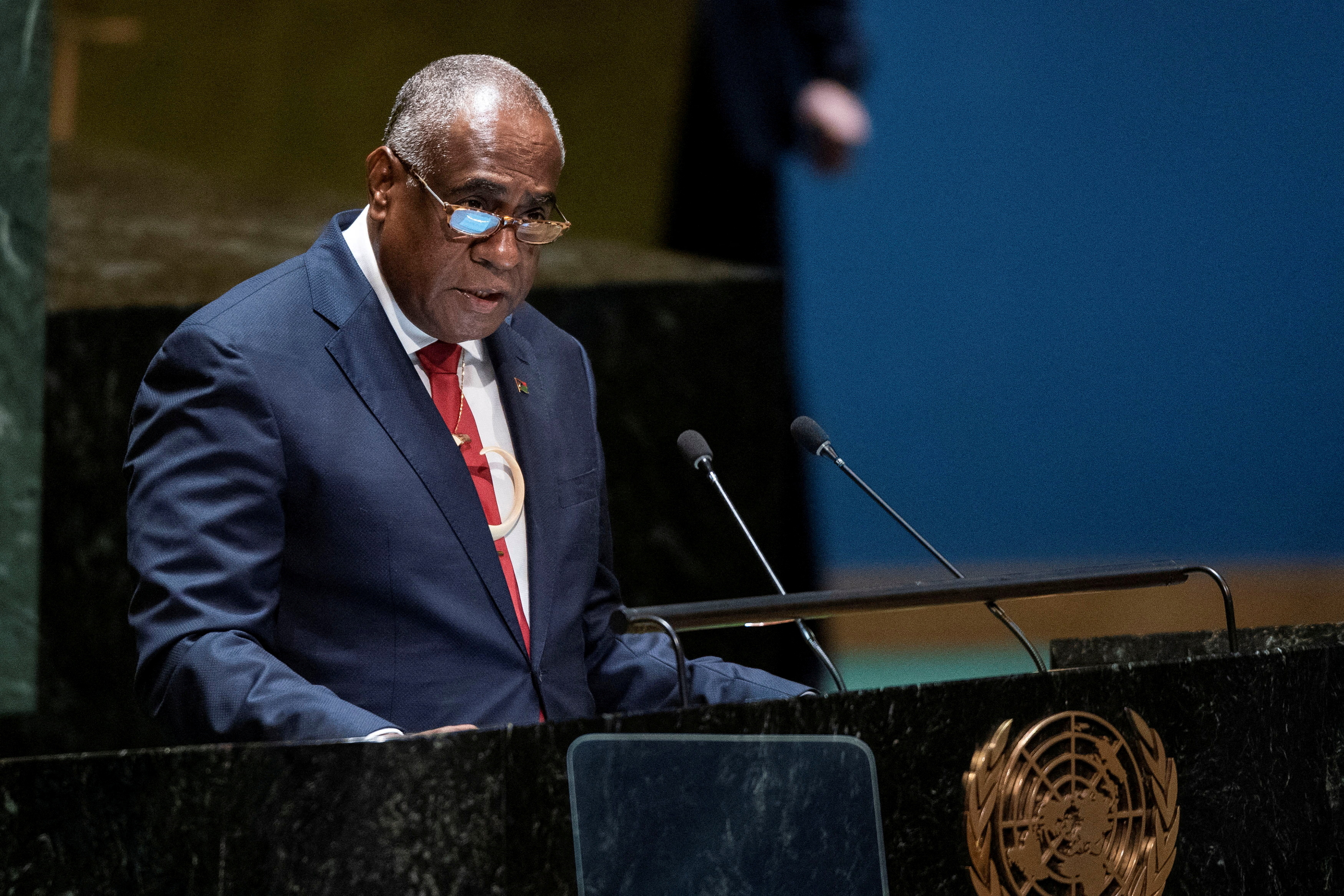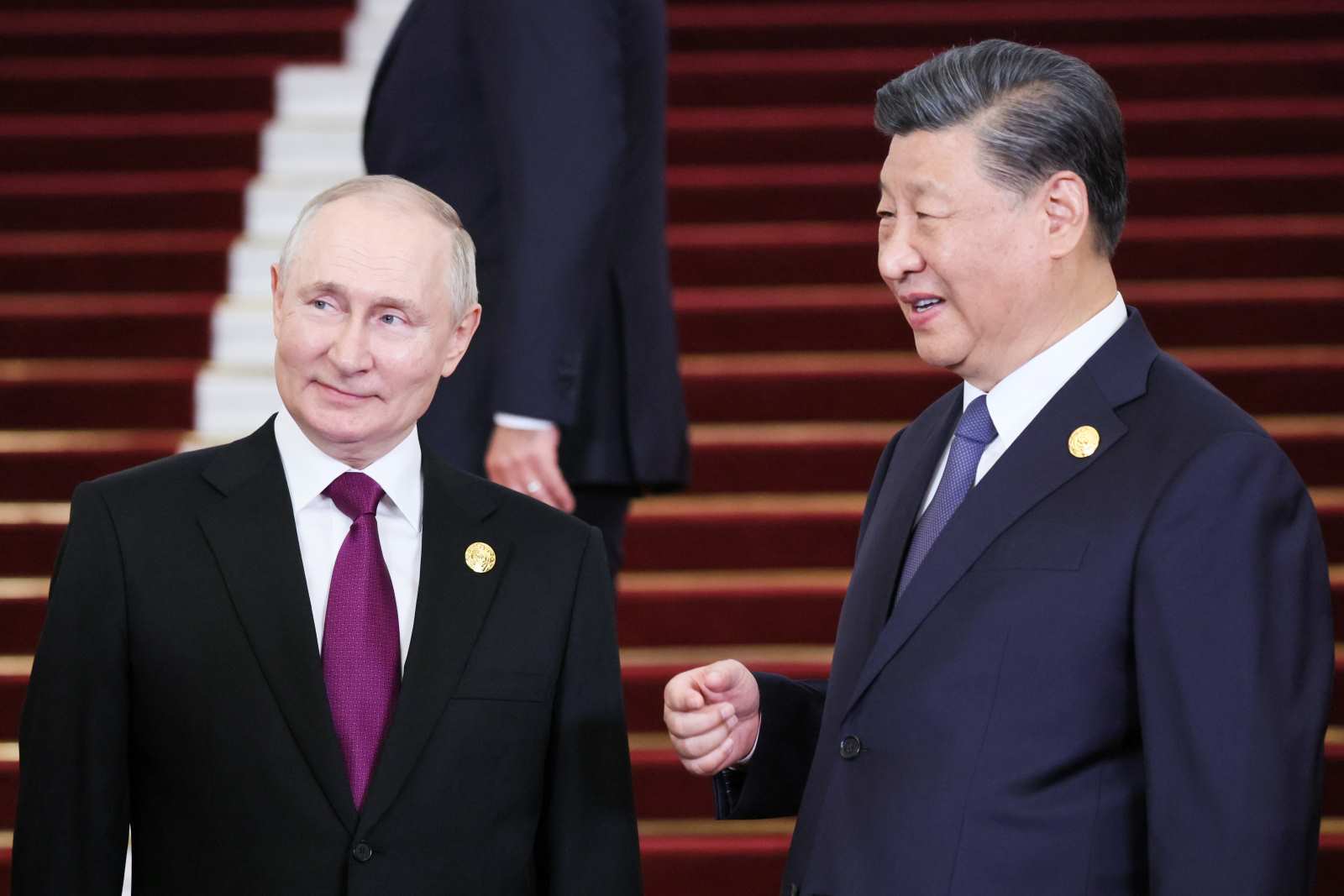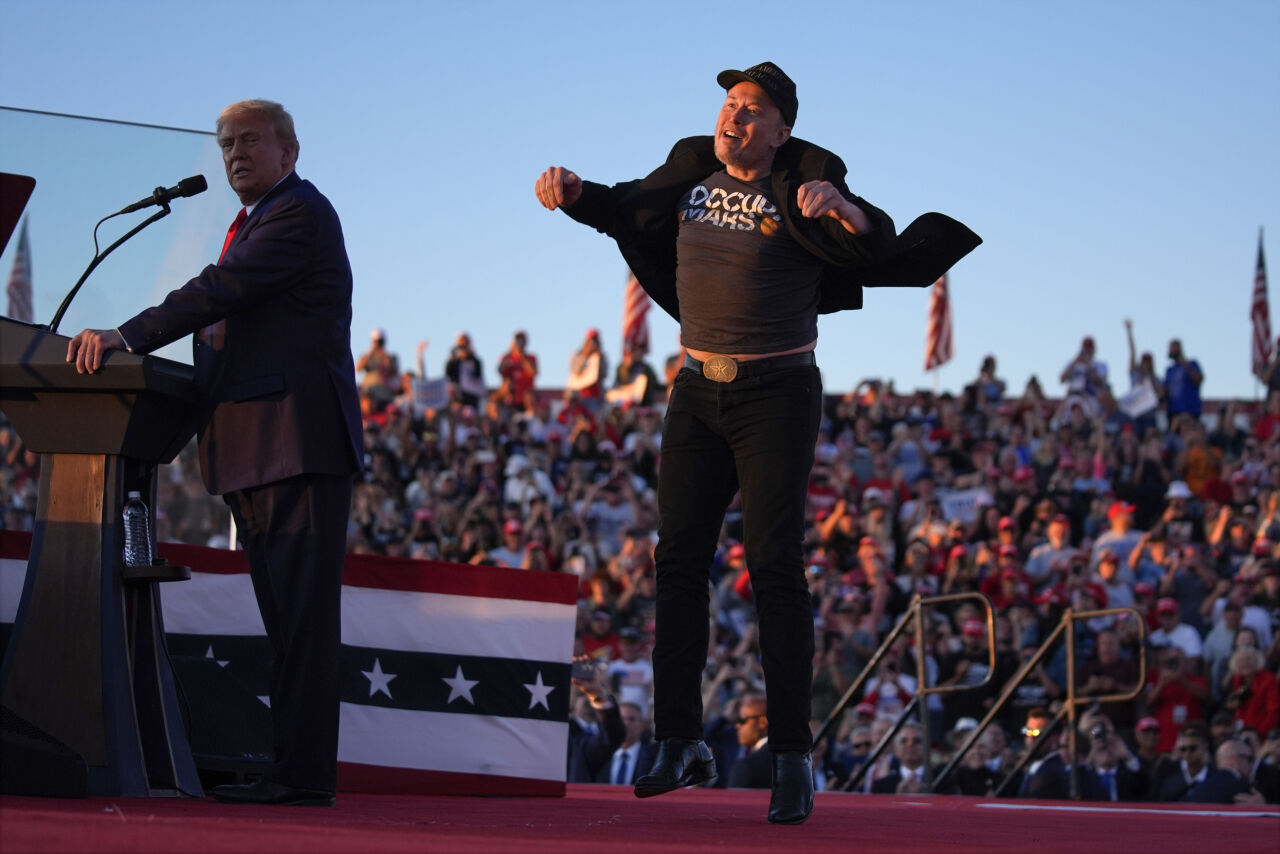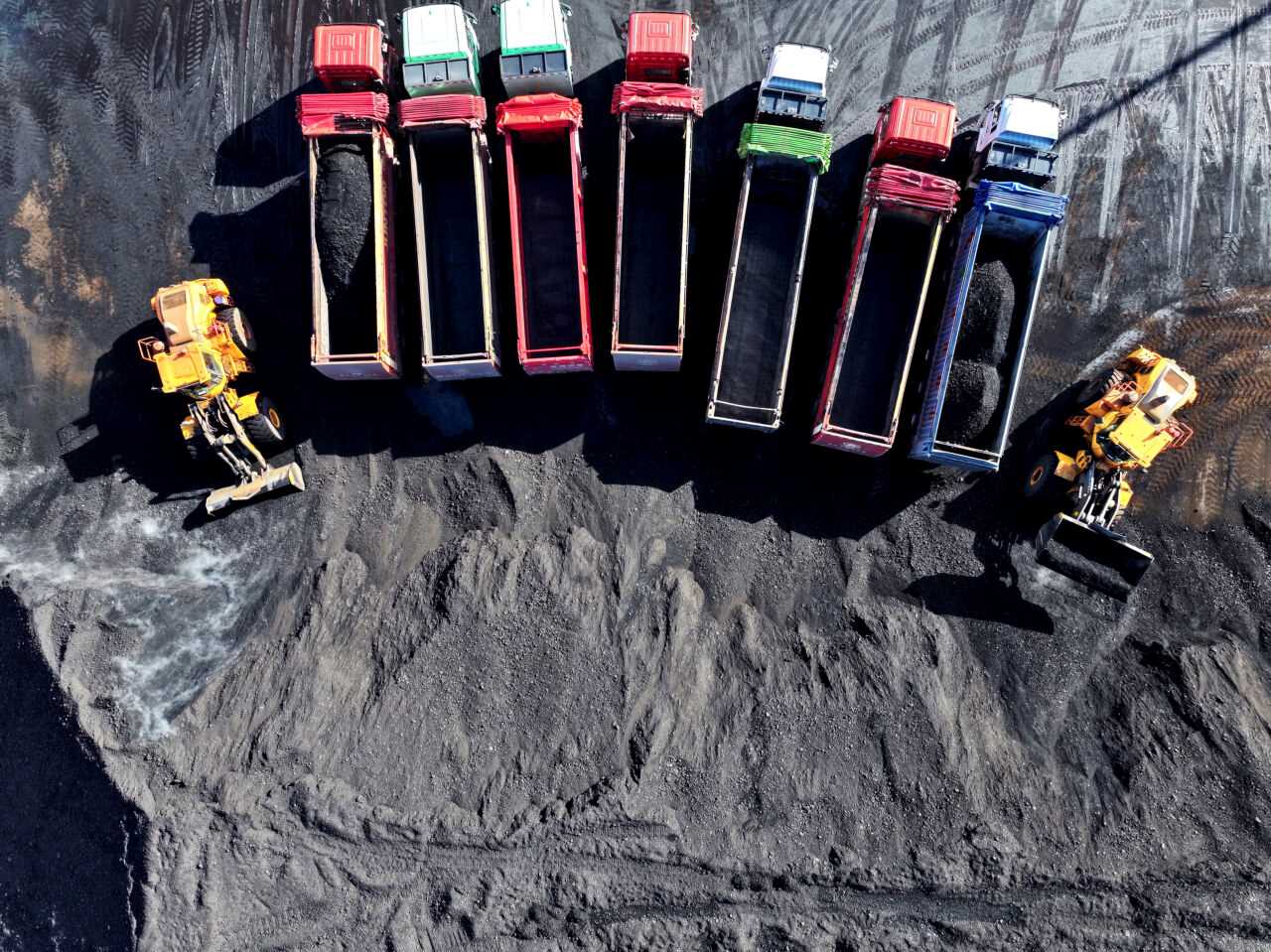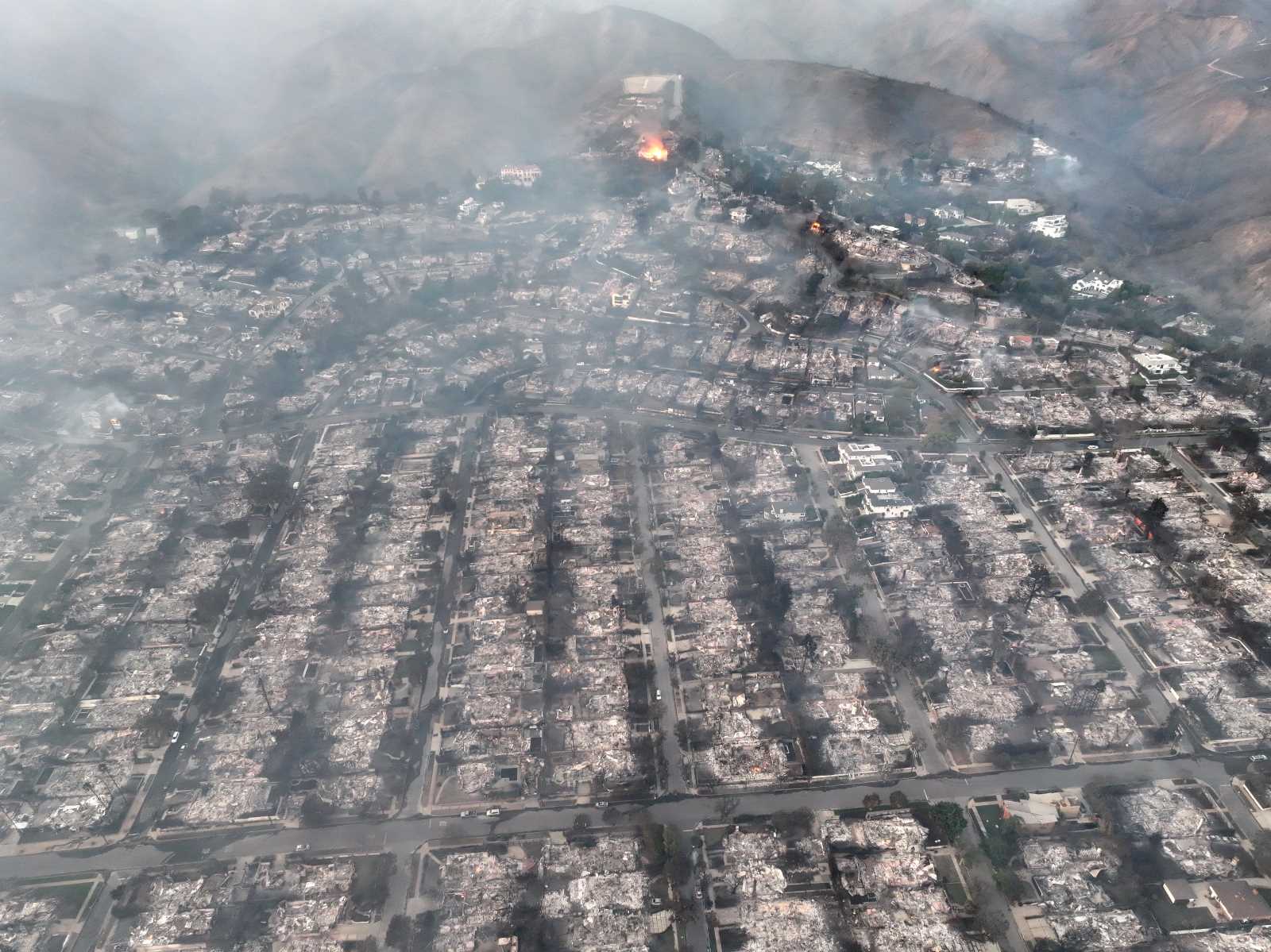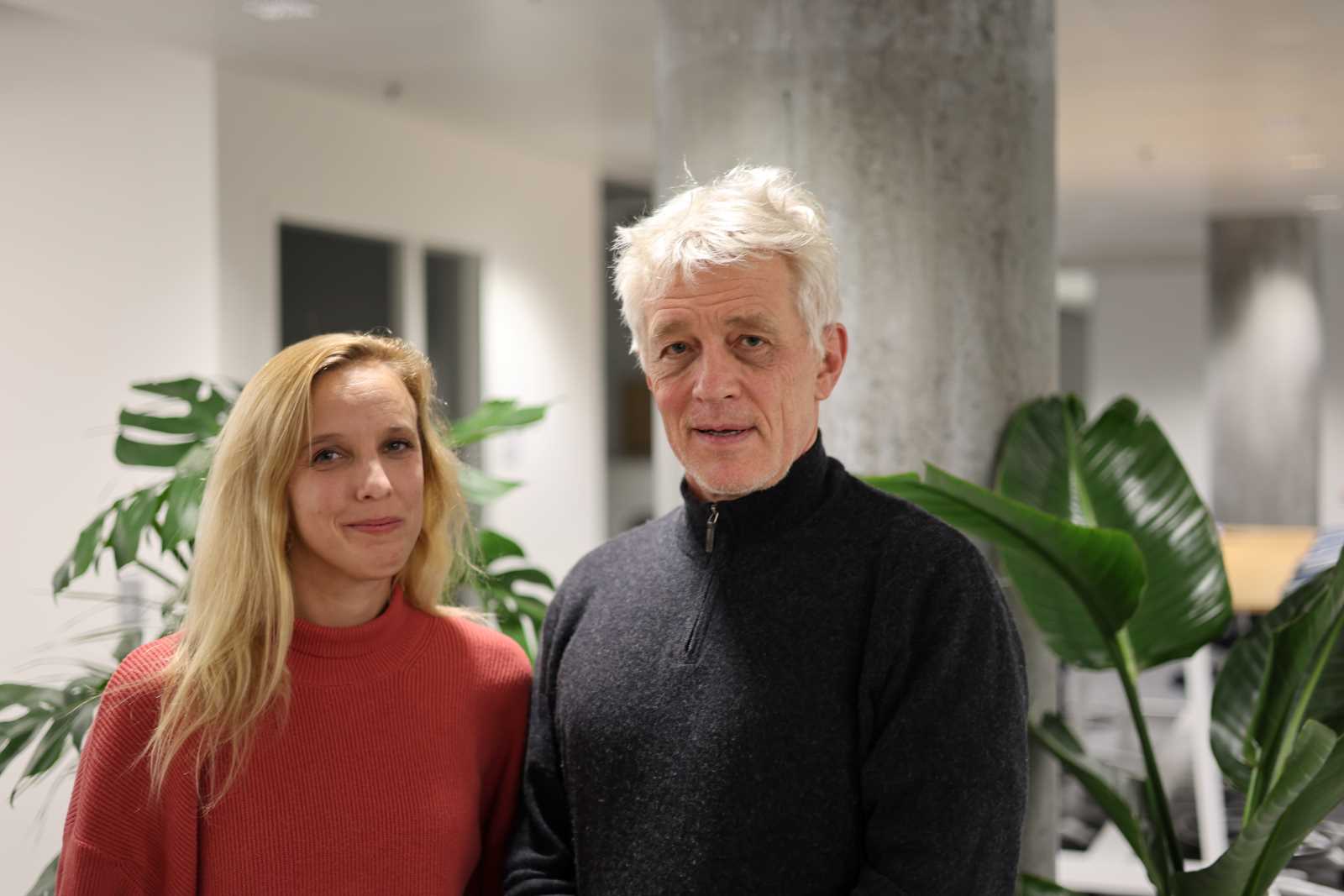Multilateralism
Yet again, a climate summit delivers too little, too late
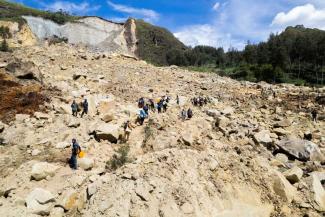
Papua New Guinea boycotted this year’s climate summit in Baku, Azerbaijan. The government of the small Pacific island nation branded the global warming negotiations a “waste of time” that would only result in empty promises. In retrospect, it was not wide off the mark. The international community is still not responding with the needed urgency to the climate crisis.
Negotiators in Baku agreed on a roadmap for international climate finance. “Roadmap” is a popular term in climate-talks jargon, but it is not as strong as a binding agreement. The plan foresees $ 1.3 trillion of annual climate finance by 2035, though high-income countries only agreed to “lead efforts” to pool an annual $ 300 billion by that time. There is no commitment for the other $ 1 trillion.
The phrasing suggests that emerging markets too should contribute funding in support of developing nations, which must adapt to the climate crisis and opt for clean-energy solutions at the same time. No doubt, they deserve support for tackling the harsh impacts of climate change, which they did not cause.
Many participants warned that 2035 is still a decade away and that the world’s transition to clean energy must happen faster. Nigerian diplomats called the deal a “joke”.
While the new $ 300 billion promise from high-income nations is better than the previous $ 100 billion, it is still $ 200 billion less than the group of 134 developing countries had demanded. What was decided must thus, once again, be summed up as “too little, too late”.
The annual climate summits are called COP (Conference of Parties) and involve the 198 countries that have signed the UN Framework Convention on Climate Change (UNFCCC). Nine years ago, the COP in Paris concluded with a pledge to limit global warming to 1.5 to 2.0 degrees over the pre-industrial age. Humankind is currently on course to exceed the 2.0 limit, which would be disastrous. The reason is that tipping points would be passed after which the melting of ice shields in the Antarctic and Greenland or the thawing of permafrost in the tundra would make global heating irreversibly worse.
Overshadowed by climate denialism
This year’s summit unfolded against the backdrop of a dangerous political shift in the USA. Climate-sceptic Donald Trump will become president in January. To some extent, climate denialism was evident at the COP already. Azerbaijan has oil and gas resources, and setting the tone, President Ilham Aliyev called fossil fuel resources a “gift from God” on the first day of the summit. He thus fell back behind the agreement struck last year in Dubai, where the much-celebrated consensus was to “transition away” from coal, oil and gas. Aliyev did not succeed in rolling back things. This year’s summit confirmed last year’s agreement but made no progress towards phasing out fossil fuels.
There was some good news. COP29 adopted standards for a centralised carbon market, something previous COPs had not been able to achieve. However, details and transparency obligations for the emissions-trading system must yet be defined. A coherent international carbon market should help countries to implement climate policies faster and cheaper. That might accelerate progress on halving global emissions by 2030, as scientists say is necessary. Apart from money, disadvantaged countries were promised capacity-building support.
Three decades after the UNFCCC was agreed in 1992, the climate crisis keeps getting worse. The world is becoming hotter much faster than was anticipated back then, with 2024 on track to become the hottest year on record. Extreme weather is affecting an increasing number of people in ever more countries. Poor communities in low-income countries suffer most. Their climate-relevant emissions remain negligible.
The lack of progress is frustrating many. The UNFCCC process itself is increasingly in question, and COP29 hardly inspired new confidence. The final deal was imposed late, and in haste. Objections from poorer nations were ignored. The Indian delegate spoke of nations’ trust in the process having become “fractured”.
Roli Mahajan is an Indian journalist based in Lucknow.
roli.mahajan@gmail.com

